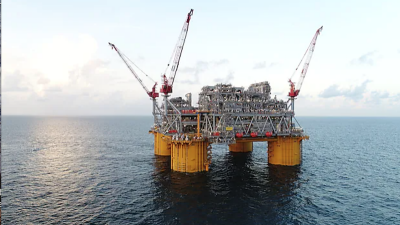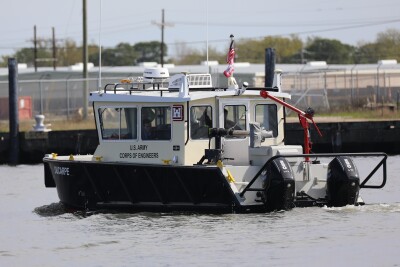In parliamentary countries, a change in the administration is called a new government. In the U.S. we can begin to see the possibility that 2016 may indeed bring us a new government as well, especially if the Republicans take the White House and hang onto Congress.
Sweeping changes (read reductions) in regulations and a sea change in the government’s attitude toward private enterprise, combined with the vicissitudes of working in one of the world’s most volatile businesses, could bring fast-developing challenges and opportunities for offshore supply vessel operators.
The ability to look into the future, good for any business enterprise and essential for businesses in volatile fields — a skill unrelated to political considerations — is worthless unless the business is sufficiently light-of-foot to take advantage of it. One may or may not want to see a Republican White House working hand-in-glove with a Republican Congress, but even the staunchest Democrat has to consider how such a situation would affect them. In fact, it would probably affect the entire U.S. maritime industry for years and even decades to come.
No one can predict what legislation a Republican-controlled Congress would pass and a Republican president would sign into law, but a few generalizations are possible, including increased restrictions on maritime personal-injury claims, lowered restrictions on mergers and acquisitions (and generally relaxed business regulation), and a slowing (or actual stagnation) of proposed and potential federal anti-pollution regulations. There could even be a real assault, led of course by Republican Sen. John McCain of Arizona, on some of the Jones Act’s more protectionist provisions. If successful, it would send shock waves through parts of the industry.
Some potential effects are more specific: the Fifth Circuit’s recent denial of a Department of Justice request for an expedited ruling on President Obama’s executive actions on immigration — which means as a practical matter that they’re DOA — coupled with the probable position of a Republican government on immigration, could mean that Gulf Coast shipyards, which for years have benefited from a relaxed policy on foreign (i.e., Latin American) welders and other shipyard workers, could be forced to hire some of those highly paid, lowly motivated U.S. workers, with a resulting increase in costs and prices.
Whatever the outcome of the 2016 elections, some businesses will win and some will lose, just as they have in every election in U.S. (and probably world) history. Smart operators, however, will keep their dancing shoes on.




